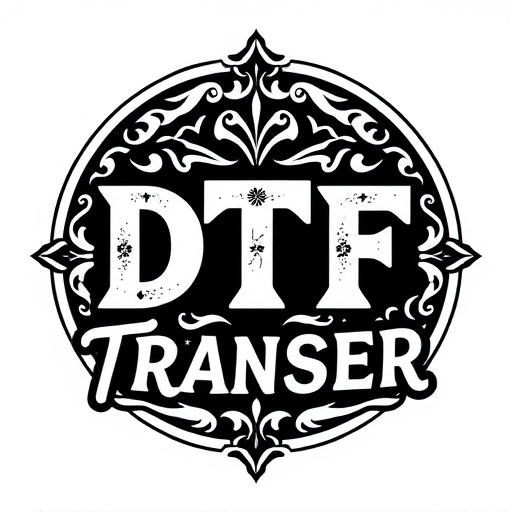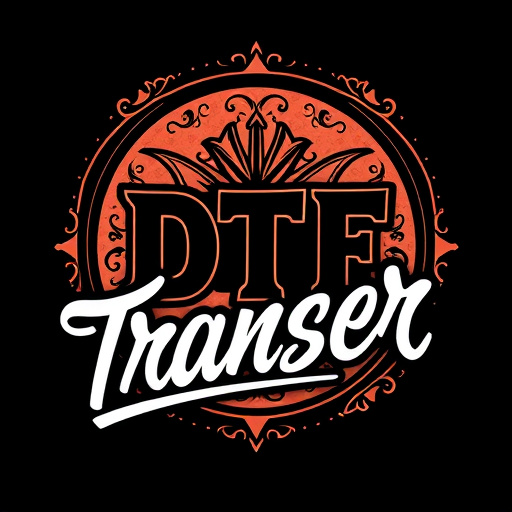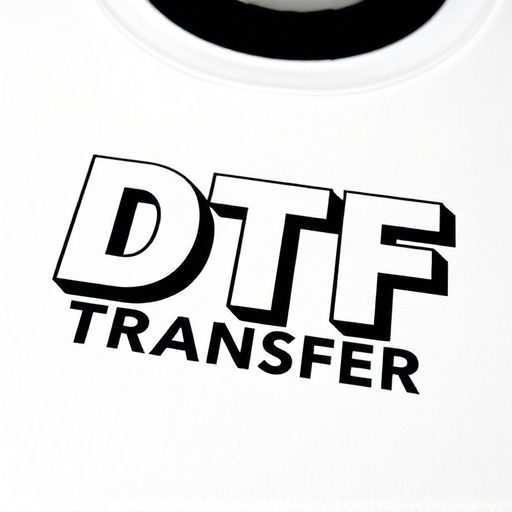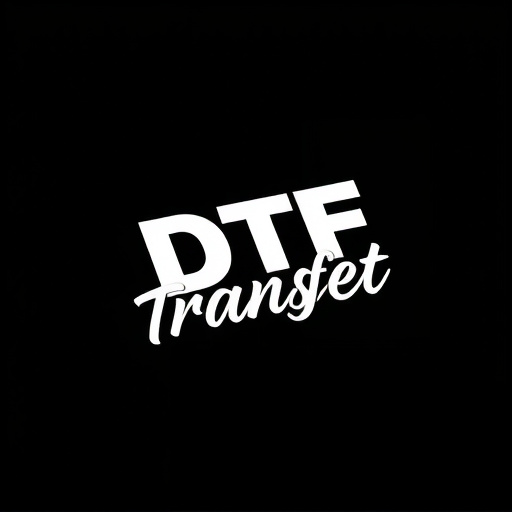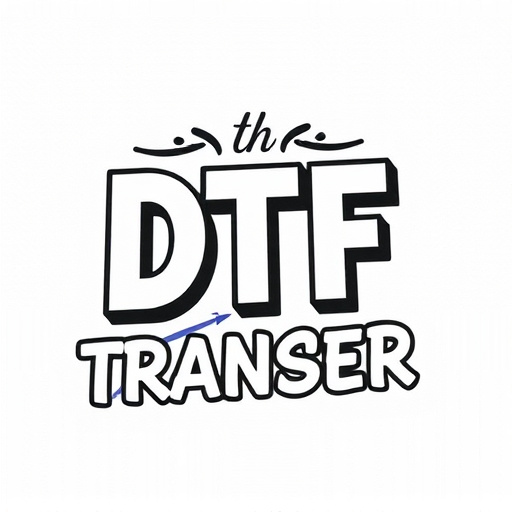Demand-Based Targeted Manufacturing (DTF) revolutionizes small-batch production by offering unparalleled flexibility, reducing waste, and catering to diverse consumer preferences. This approach, leveraging digital tools and automated processes, allows manufacturers to produce smaller quantities on-demand, minimizing financial risks and enhancing product uniqueness. DTF is transforming industries from fashion to electronics, empowering startups and innovative brands to swiftly adapt to trends, gather customer insights, and foster continuous improvement while promoting sustainable practices in a competitive market.
In today’s dynamic market, small businesses and entrepreneurs seek flexible manufacturing solutions without the constraints of large-scale production. This is where Demand-Based Targeted Manufacturing (DTF) steps in as a revolutionary approach. DTF allows for small-batch options with no minimum quantity requirements, empowering customisation and personalisation at scale. This article explores how DTF is transforming industries, leveraging technology to enhance efficiency, and streamlining supply chains for rapid iteration—all while catering to unique customer demands.
- Understanding Small-Batch Production: Unlocking Flexibility
- Benefits of Customization and Personalization
- Industries Embracing DTF (Demand-Based Targeted Manufacturing)
- Technology Driving Small-Batch Efficiency
- Streamlining Supply Chain for Rapid Iteration
- Case Studies: Successful Implementation Stories
Understanding Small-Batch Production: Unlocking Flexibility
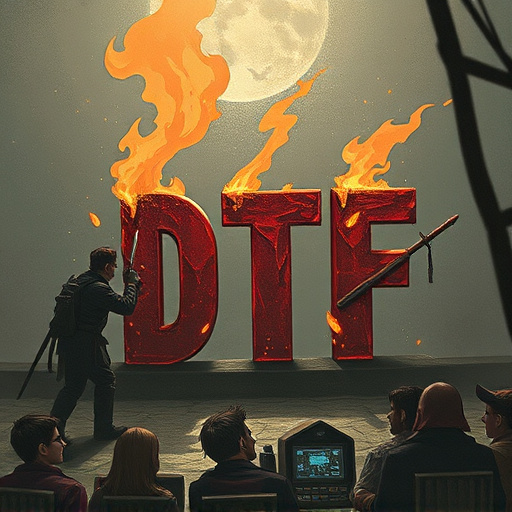
Small-batch production is a manufacturing approach that offers unparalleled flexibility, allowing producers to create products in smaller quantities without the usual constraints of large-scale production. Unlike traditional methods that demand high minimum order quantities (MOQs), small-batch options enable businesses and artisans to bring their unique creations to market efficiently and cost-effectively. This DTF (demand-driven) strategy is particularly beneficial for niche markets, custom designs, or limited-edition releases, where the focus is on quality and individuality rather than mass production.
By embracing small-batch production, manufacturers can swiftly adapt to changing consumer preferences, experiment with new ideas, and offer personalized products. This method streamlines the production process, reduces waste, and minimizes financial risks associated with overproduction. As a result, businesses gain the freedom to explore diverse product lines, cater to specific customer needs, and create sustainable, tailored offerings that stand out in an increasingly competitive market.
Benefits of Customization and Personalization

In today’s market, small-batch production offers a unique advantage: the power of customization and personalization. Unlike mass-produced goods that prioritize standardization, DTF (demand-driven manufacturing) allows businesses to cater to individual preferences. This means each product can be tailored to specific customer needs and tastes, leading to higher satisfaction and loyalty. Customization enables brands to offer one-of-a-kind items, ensuring their products stand out in a crowded marketplace.
Personalization goes beyond simple design choices; it involves understanding customer behavior and preferences at a deeper level. By leveraging data and consumer insights, businesses can create batches that resonate with niche audiences. This strategy not only fosters stronger brand connections but also reduces waste by producing only what’s needed, when it’s needed, without the burden of minimum order quantities.
Industries Embracing DTF (Demand-Based Targeted Manufacturing)
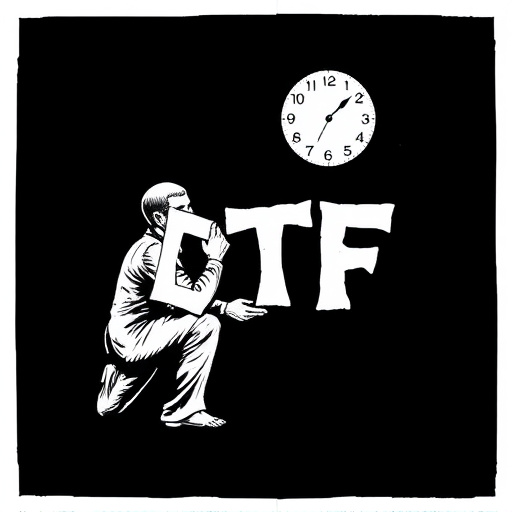
In today’s dynamic market, many industries are embracing Demand-Based Targeted Manufacturing (DTF) as a revolutionary approach to production. DTF allows manufacturers to produce small batches without the typical quantity constraints, making it an ideal solution for businesses seeking customization and flexibility. This method enables companies to tap into consumer demand directly, ensuring that products are manufactured only when needed.
From fashion and electronics to medical devices, various sectors are leveraging DTF to offer personalized experiences. For instance, clothing brands can quickly adapt to the latest trends, producing limited-edition collections in small runs to cater to specific customer preferences. Similarly, medical device manufacturers can create tailored solutions for individual patients, enhancing treatment outcomes. This shift towards demand-driven manufacturing is reshaping traditional production models, empowering businesses to be more responsive and competitive in an ever-changing market.
Technology Driving Small-Batch Efficiency
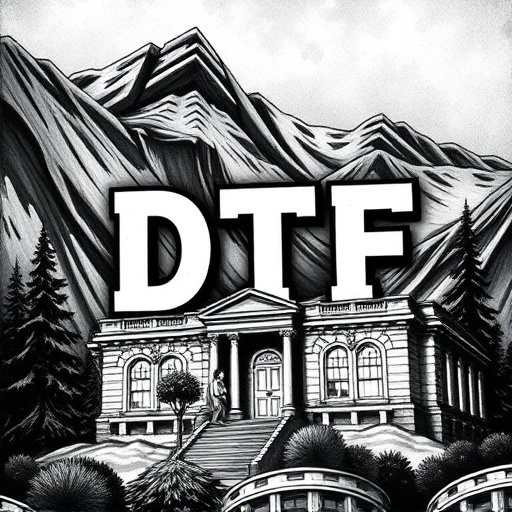
In today’s digital era, technology is driving small-batch production efficiency like never before. Digital tools and automated processes enable manufacturers to produce smaller quantities with minimal waste, making it an attractive option for businesses looking to cater to niche markets or offer unique, custom products. This shift towards demand-driven manufacturing (DTF) allows for greater flexibility and responsiveness, ensuring that products are made just in time, reducing overhead costs, and optimizing resource utilization.
Innovations like 3D printing, computer-aided design (CAD), and advanced robotics streamline the production process, making small-batch operations not only feasible but also cost-effective. These technologies enable precise customization, rapid prototyping, and on-demand manufacturing, allowing businesses to meet the diverse needs of their customers without being constrained by minimum quantity requirements. As a result, small-batch options are becoming increasingly accessible and popular across various industries.
Streamlining Supply Chain for Rapid Iteration

In today’s dynamic market, small-batch production allows businesses to streamline their supply chain and embrace rapid iteration. This approach is particularly appealing for startups and innovative brands that want to test new product ideas with minimal financial risk. By producing smaller quantities, companies can quickly adapt to changing consumer trends, feedback, and market demands without being burdened by large inventory requirements.
DTF (Done-to-Order) manufacturing facilitates this agility by ensuring products are only produced when an order is placed, eliminating the need for bulky storage spaces and excessive waste. This method also reduces lead times, enabling businesses to get their goods to market faster. As a result, companies can gather valuable insights and customer preferences early on, fostering a more responsive and efficient supply chain that promotes continuous improvement and innovation.
Case Studies: Successful Implementation Stories
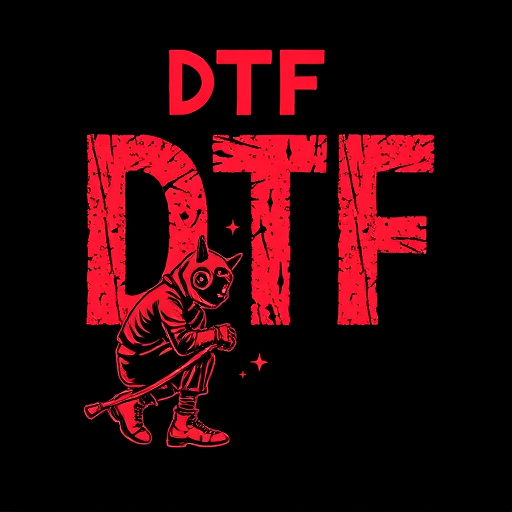
In a world where mass production dominates manufacturing, small-batch options offer a refreshing alternative for businesses aiming to differentiate themselves. Many companies are successfully embracing this approach, proving that smaller batches can meet diverse customer demands without compromising efficiency. These case studies highlight how dynamic and adaptable these models can be.
Take, for instance, a boutique soap maker who produces artisanal batches of scented soaps. By catering to specific scent preferences and limited-edition releases, they’ve cultivated a loyal customer base. Similarly, a local clothing brand creates seasonal collections in small runs, allowing them to swiftly adapt to changing fashion trends. This strategy not only ensures a fresh and unique product but also reduces waste by producing only what’s needed. These real-world examples demonstrate that being DTF (deliberately small) can be a powerful business decision, fostering creativity, customer engagement, and sustainable practices.








